 As a law firm associate, legal recruiting isn’t foreign to you. You’ve already gone through OCI to land your current gig, and you have probably interviewed candidates vying for positions at your current firm. Not to mention, you have recruiters calling you every day—how hard could landing a lateral position be?
As a law firm associate, legal recruiting isn’t foreign to you. You’ve already gone through OCI to land your current gig, and you have probably interviewed candidates vying for positions at your current firm. Not to mention, you have recruiters calling you every day—how hard could landing a lateral position be?
Short answer? Lateral recruiting is an entirely different world from entry-level recruiting. And that’s why having the right recruiter by your side to help pinpoint your goals, prepare for your search, and narrow your options is so important.
Vault sat down with Sean Burke and Kathleen Mon, of the boutique legal recruiting firm Whistler Partners, to learn their advice for tackling a lateral move, including what a candidate can expect and how they can find the best recruiter to partner with in their search.
1. Lateral Recruiting Is Obviously Much Different From Traditional OCI Recruiting. What Should Lateral Candidates Expect As They Enter The Recruiting Process, And How Can They Best Prepare?
There are a number of differences between OCI recruiting and lateral recruiting. As a lateral, you have a better sense of who you are and what you want. When are you are interviewing at OCI, your primary concern is landing at a top shop; you do not necessarily know yet what type of attorney you want to be. The other difference is that when you are interviewing laterally, you are no longer a tabula rasa—you have a certain skill set, and firms want to interview you for a specific position with clear experience requirements.
OCI is all about firms trying to sell you—Sure we do entertainment. Sure you can do as much pro bono as you want. They are competing for the best talent and are in sell mode. Basically, so long as you meet their law school grade requirements, they are really interviewing you for personality fit and aptitude.
Interviewing laterally is more like a business meeting. You say, “This is who I am, this is what I’ve done, and this what I want.” The firm, in turn, is very direct about what the job is, what you will be doing from day one, and what the hours are. The last thing a firm wants to do is hire a lateral who doesn’t work out. They want to make sure you have the right skill set and you will integrate successfully. The stakes are higher, both for you and them.
2. What Should A Lateral Keep In Mind To Guide Their Search?

Have a clear goal in mind—or at least a direction.
For example, are you making a move to increase your chances of making partner? If so, do your due diligence. Is the firm in growth mode? Did they recently hire a partner with a book of business who needs a lieutenant? Are they too top heavy with a lot of competition at your level?
Also think of what you bring to the table. You make partner by going somewhere that needs you. Do you share clients with the firm that could result in business? Do you have language skills or an underlying life science degree? Going from one equity lockstep Wall Street firm to another is not a strategy, absent other factors that would make that move worthwhile for both parties.
Alternatively, maybe your goal is to better position yourself to go in-house to your dream job. If so, focus on the platform. Look at firms that represent the client/industries you are most interested in. And make sure you are doing work that is relevant. Underwriter capital markets or private equity fund formation experience is not relevant to joining a startup. However, representing issuers on IPOs or handling the venture fund arm of a bigger private equity fund gets you closer.
And be open to stepping back a class year if needed to switch firms or practice areas. The emerging companies partner at your new firm is not going to want to write off a ton of hours retraining a seventh-year M&A associate, and their client is definitely not interested in paying a higher billing rate to retrain you. Not to mention, it takes the pressure off you as the new attorney in the group coming up a learning curve.
3. Is There A "Sweet Spot" For Laterals In Terms Of Experience Level?
There is, but where that sweet spot is depends on whether you are a corporate or litigation associate.
The litigation sweet spot is two to four years out. Much of law firm lateral hiring is to replace associates who have gone in-house. Since there are less in-house jobs for litigators, firms tend to be top heavy in litigation and prefer to hire at a more junior level. The other issue to keep in mind is firms are reluctant to bring in associates who are too close to partner, as it can cause tension with existing attorneys and because they want to ensure that there is enough runway to properly evaluate laterals for partnership.
The corporate sweet spot for lateral associate hiring is four to six years, although when the market is hot (as it has been), firms will sometimes interview second and third years. This is especially true in the emerging company/venture capital practices where the clients often hire at a more junior level, and firms have to replace their ranks.
4. With So Many Recruiting Firms To Choose From, How Can Lateral Candidates Differentiate Among Them And Choose The Best One For Them?
Our first piece of advice is to check references and testimonials. Pick someone who has proven success placing at the firms and practice areas you are most interested in. Your recruiters’ inside knowledge is what gives you a competitive edge. Whistler Partners, for example, focuses on tech and entertainment. We have a proven track record with the top startup and entertainment firms.
Once you narrow your list, pick one recruiter and stick with them. With one recruiter, your mutual interests are most aligned, and they objectively want to help you find the best fit for your career (and keep you as a client). Think of the recruiter as your agent and you as the talent. Why would a professional basketball player use two different agents—there are only 30 teams in the NBA. You don’t need an agent to get you meetings; you need an agent to help you decide which meetings to take, and once you get offers, help you evaluate which offer is the best for your career. Use more than one agent, and watch how the one who got you an offer with the Knicks tries to convince you they can win the title next year. Also, in the lateral firm recruiting world, there are rarely any exclusive searches; your recruiter can help you get in front of any firm you’re interested in.
5. Can You Share More Insight Into What Recruiters Do And What The Recruiter/Lateral Candidate Relationships Looks Like?
A good recruiter is a gatekeeper, a coach, and a bit of a therapist. As a gatekeeper, your recruiter makes sure that your interviews don’t end up like a bad blind date. There might be hundreds of jobs in NYC that pay on the Cravath scale and are looking for someone in your class year. Your recruiter should be able to help you narrow that down to five based on what you are looking for.
As a coach, a good recruiter adds value & expertise. We describe what we do as “tipping point artists.” You went to a top law school, and you work at a top firm. Guess what? So does your competition. Pick a recruiter with actual industry knowledge who has placed at that firm before, so they can give you the inside scoop.
Lastly, as a therapist, a good recruiter is going to take the time to get to know you and help you pick the best choice based on what’s important to you. Which offer maximizes your chance to go in-house to that dream job? Which firm offers the best hours? Which provides the best chance to make partner? Which one is the right personality fit?
Pick someone you connect with and you believe has your best interest at heart so that they can help you answer questions like the above and choose the ideal firm for you.



